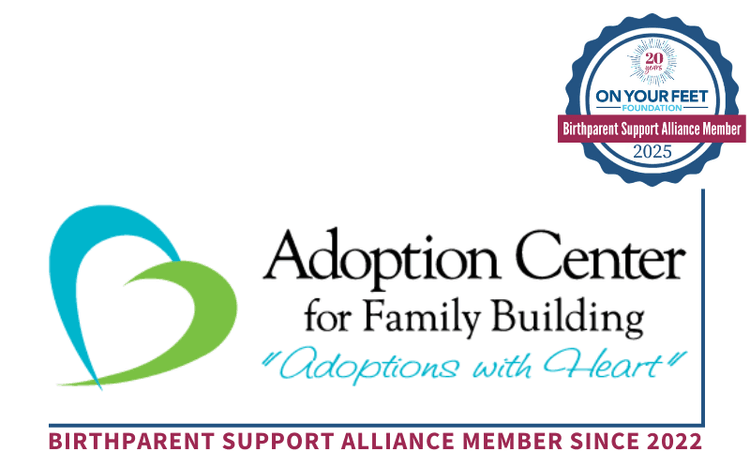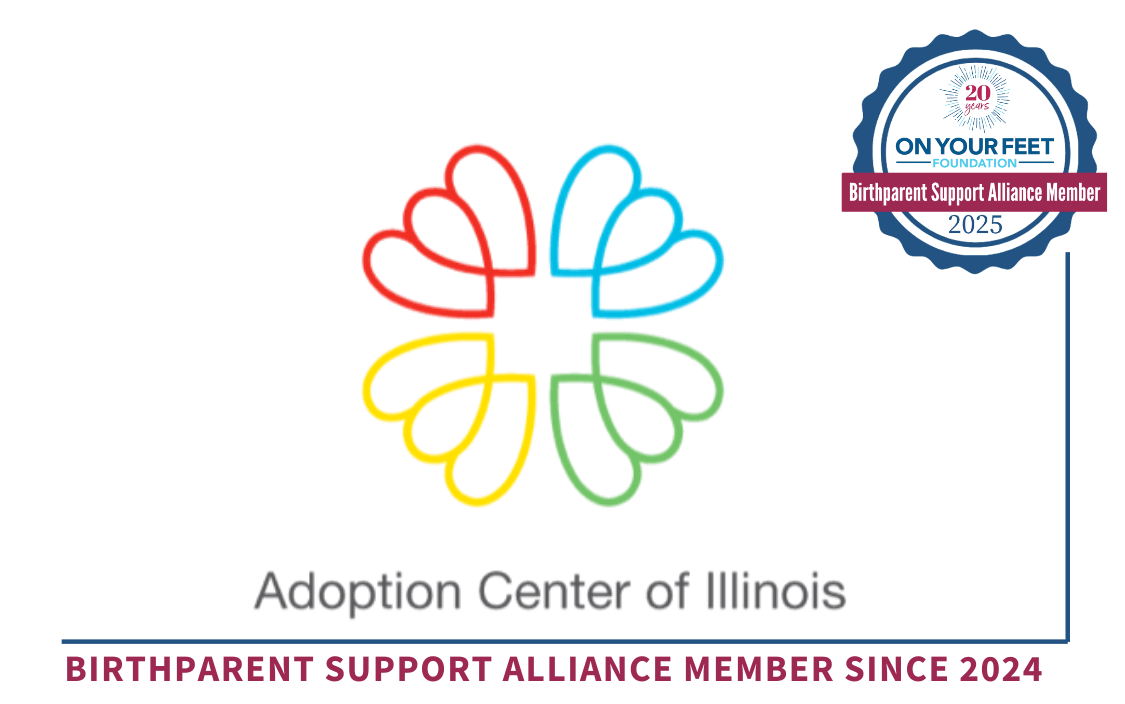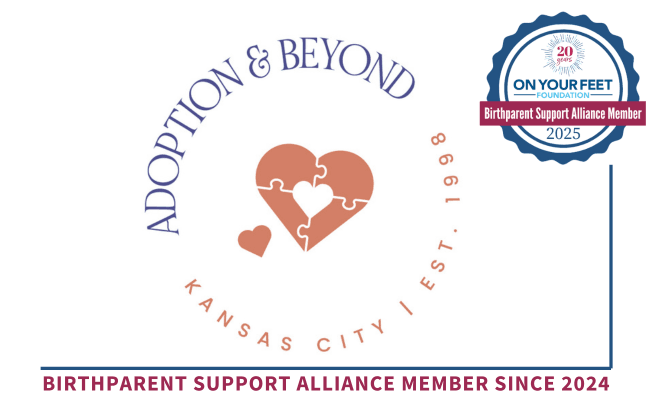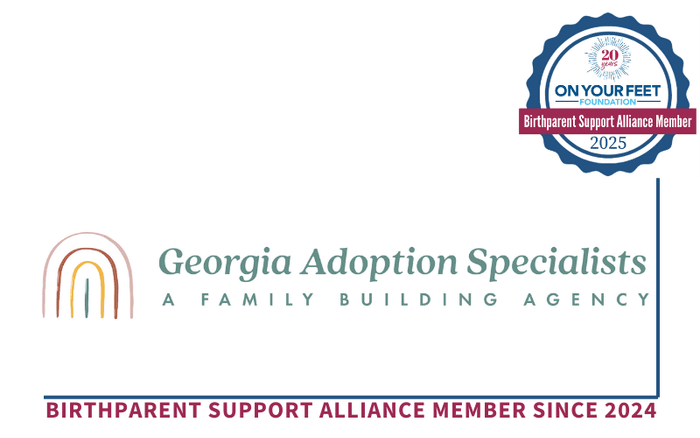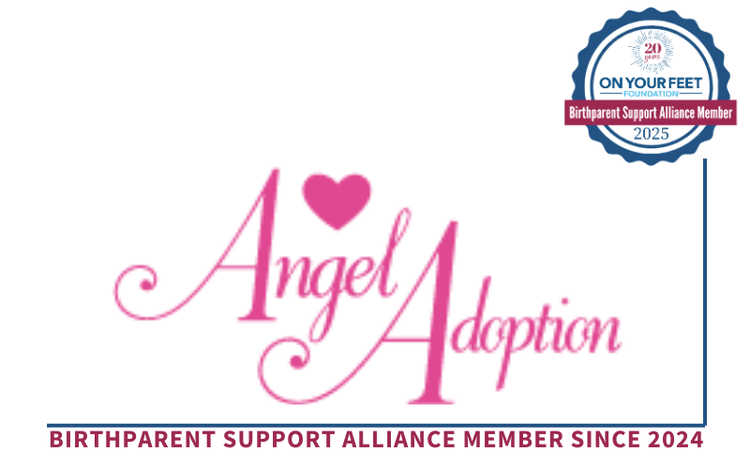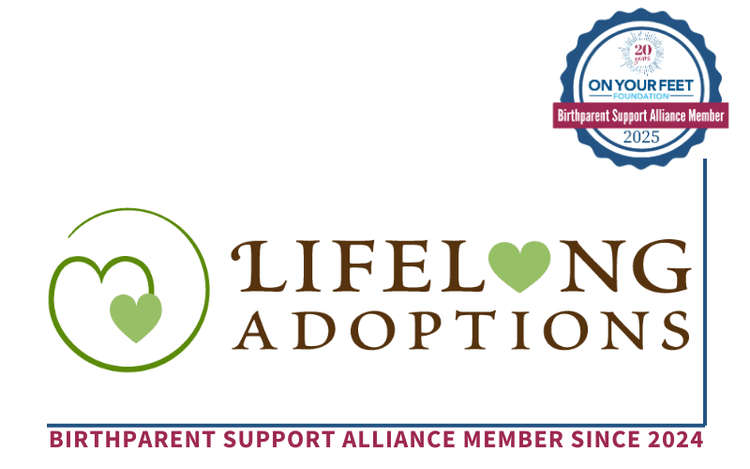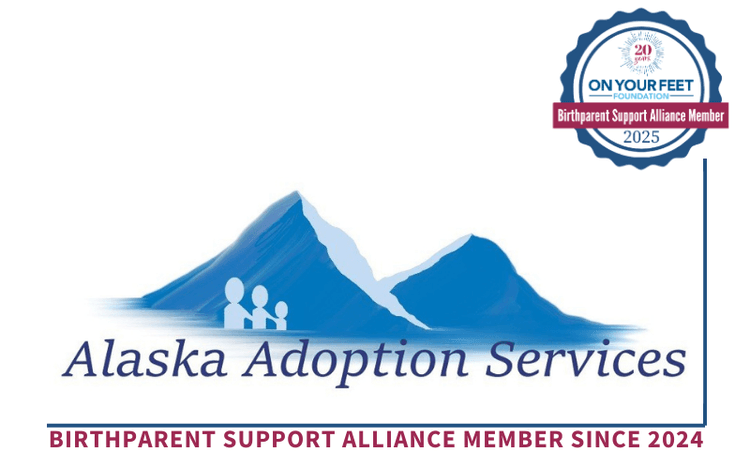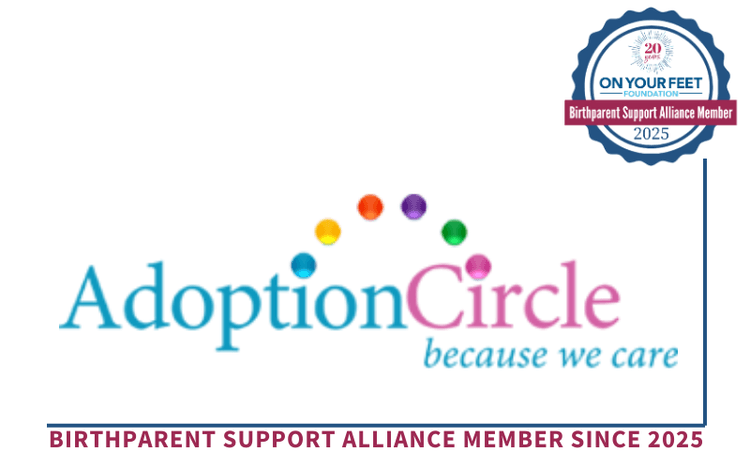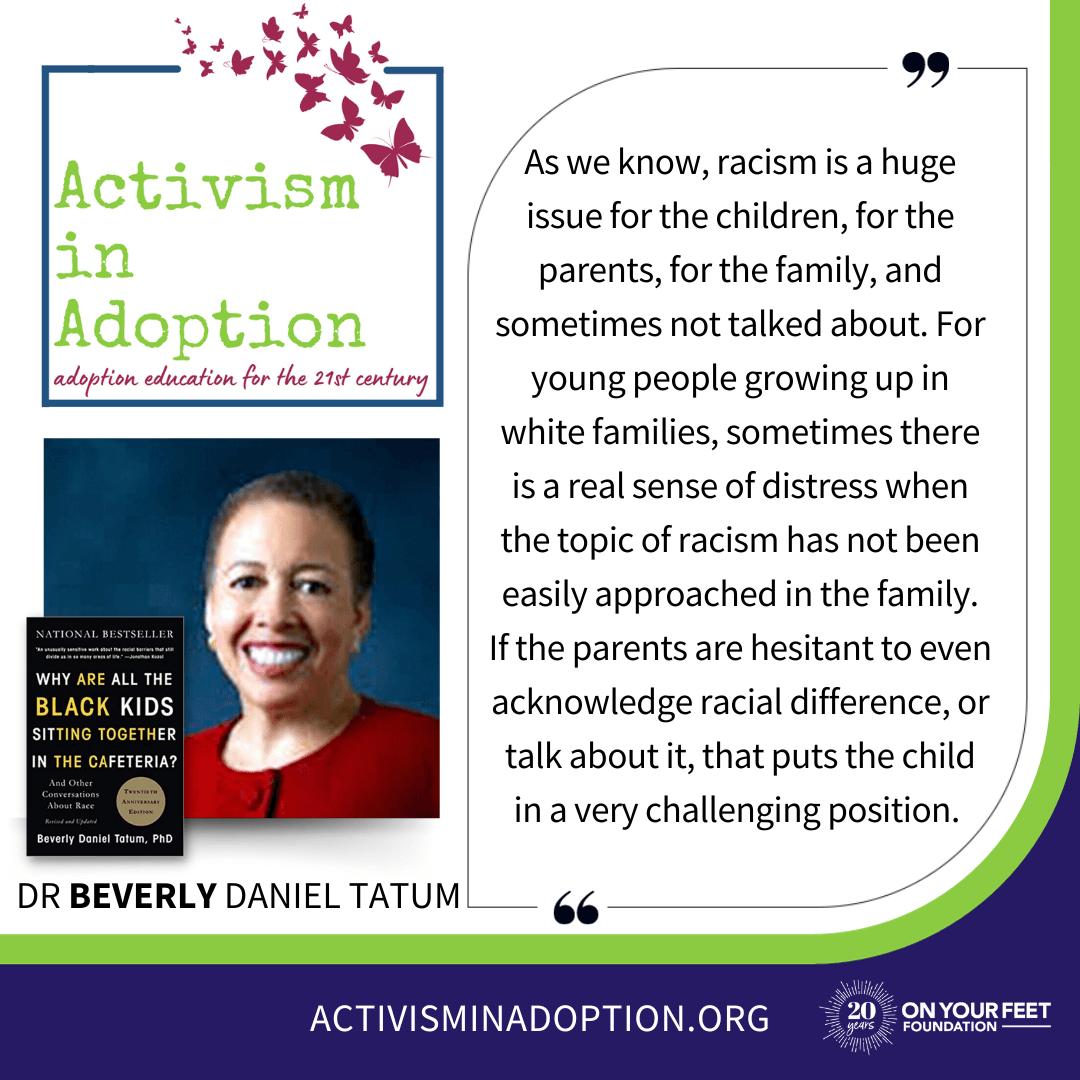
In the United States, approximately 40% of adopted children are being raised by parents of a different race, culture, or ethnicity. For birthparents, making the decision to place a child into a family of a different race or culture brings with it a unique set of challenges. At the same time, adoptive parents in transracial adoption triads, despite their best efforts, are often caught without the tools necessary to parent a child of a different race. We do not live in a race-neutral culture, and it is, therefore, vitally important for everyone in the adoption triad to have the ability to initiate and navigate conversations about race, and the impact of racism, with each other. On October 25th, 2020, we are honored to have Dr. Beverly Daniel Tatum, President Emerita of Spelman College, Clinical Psychologist, and best-selling author, guide us in a discussion exploring deeper issues of race and culture, and what those issues might mean for transracial adoptees.
In an NYT book review published this past June, Dr.Tatum, when talking about a class in racism she had taught at Mount Holyoke College many years ago, had this to say: “One of the things I learned from that course was my students’ distress that they had not had an opportunity to talk about race or racism in any meaningful way. They’d say, ‘Why did I have to wait until I was a junior in college to have these conversations?”
The conversations she had with her students became the catalyst that led her to encourage educators to start classroom discussions about race at a very young age, and in the course of those discussions, an often-asked question inspired the title of her second book, “Why Are All the Black Kids Sitting Together in the Cafeteria? And Other Conversations about Race.” Published 23 years ago, and updated in 2017, when it instantly catapulted back onto the best seller list, this modern classic, whose premise is that straight talk about racial identity is crucial if we are serious about enabling communication across racial and ethnic divides, has given hundreds of thousands of readers the tools they need to start their own conversations about race, racism, segregation and difference. Her book is foundational, particularly for people whose circumstances have shielded them from ever having to discuss race, and the repercussions of racism.
In a 2017 interview in The Atlantic, Dr. Tatum discussed why these discussions matter so much. “In a race-conscious society,” she said, “we all have a racial identity that develops in predictable ways, shaped largely by the interactions we have with others. I still believe that an understanding of that identity-development process can help all of us begin to build bridges across lines of difference.” She goes on to say that when she asks people about their earliest racial memories, most respondents tell her theirs happened around 5-7 years old – kindergarten through first grade – and that the emotions they associate with those memories are overwhelmingly negative: shame, and fear, and confusion. Further, that when the experience that triggered these memories happened, people did not talk to anyone about it, which can reinforce the idea that race is something we are not supposed to have conversations about, and that idea sticks with us into adult life. For transracial adoptees, identity-development can be particularly challenging if their adoptive parents aren't sure how to broach conversations centered in race and culture, or are unaware of how vital those conversations are.
Dr. Tatum’s goal is to get people talking about it, because we can’t solve problems unless we can talk about them. We hope that you will join us for our Activism in Adoption series, where we will learn the tools we need to address some of these challenges and opportunities and come away with a deeper understanding around what this means for transracial adoptees. More information about Dr. Beverly Daniel Tatum's work can be found on her web site.
Registration for our Speaker Series is now open. To register and for more information, click here.




